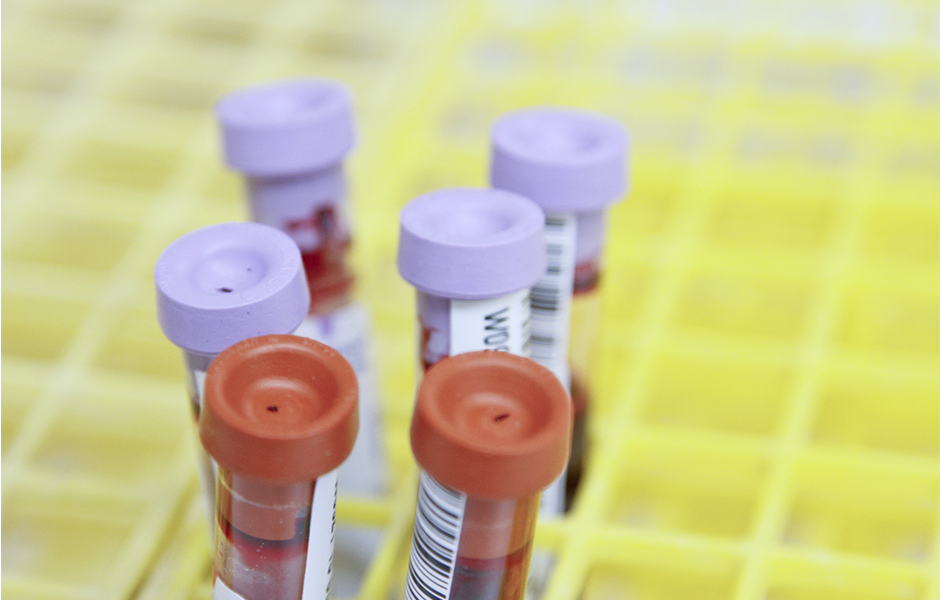A study developed by researchers from CINTESIS/Faculty of Medicine of the University of Porto (FMUP), on the initiative of the Portuguese Atherosclerosis Society (SPA) and Novartis, has identified a significant percentage of patients at high and very high cardiovascular risk who missed the opportunity to implement more intensive lifestyle changes and cholesterol treatments, and so reduce their chance of suffering a stroke or coronary heart disease, the leading causes of death in Portugal.
These data are based on the LATINO (Lipid mAnagemenT iN pOrtugal) study, which aimed to understand the cardiovascular risk of people regularly followed by their family doctor and whether their cholesterol was under control, taking into account that there is a linear relationship between the levels of LDL cholesterol (known as “bad cholesterol”) in the blood and cardiovascular diseases. The data comes from over 78,000 patients aged 40 to 80 years followed at the Local Health Unit of Matosinhos (ULSM) over 20 years (2001 to 2019).
The results, published in the Journal of Clinical Medicine, indicate that 39% of patients have a high or very high risk of having cardiovascular disease, according to the classification of the 2019 European Society of Cardiology and European Atherosclerosis Society (ESC/EAS) recommendations.
The researchers found that 93% and 97% of these patients with high and very high cardiovascular risk, respectively, were unable to lower their LDL cholesterol to the levels recommended in clinical guidelines. “It is especially the highest-risk patients who do not have their cholesterol properly controlled,” the researchers conclude.
Although these figures are worrying, only 5% and 10% of high or very high-risk patients, respectively, were on recommended high-intensity statins, and about 20% of very high-risk patients were not on any medication, which may explain the low levels of control. For uncontrolled high or very high-risk patients, LDL cholesterol would need to be reduced by 44% and 53%, respectively, to achieve treatment goals.
According to Tiago Taveira Gomes, professor and researcher at FMUP and CINTESIS, “there is a clear opportunity to optimize LDL cholesterol control in clinical practice in all patients with cardiovascular risk, particularly in higher-risk patients.
This work emphasizes the need for more effective cholesterol treatments, transposing the latest recommendations into daily clinical practice. “Investment in adequate control of LDL cholesterol seems the most promising solution to reduce the high burden of cardiovascular disease in Portugal,” he says.

